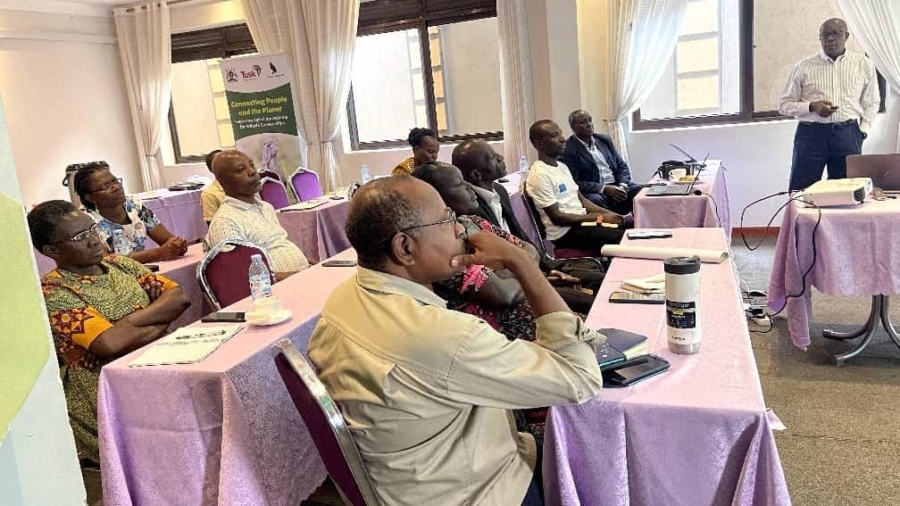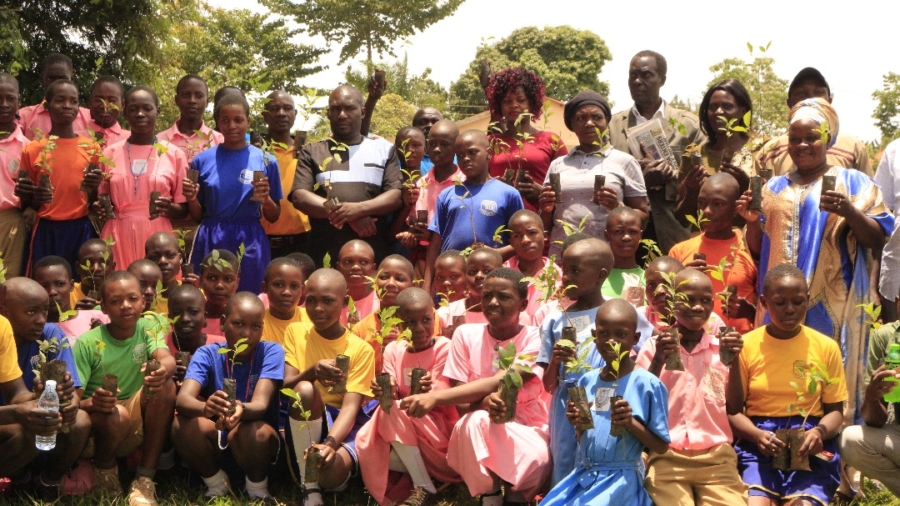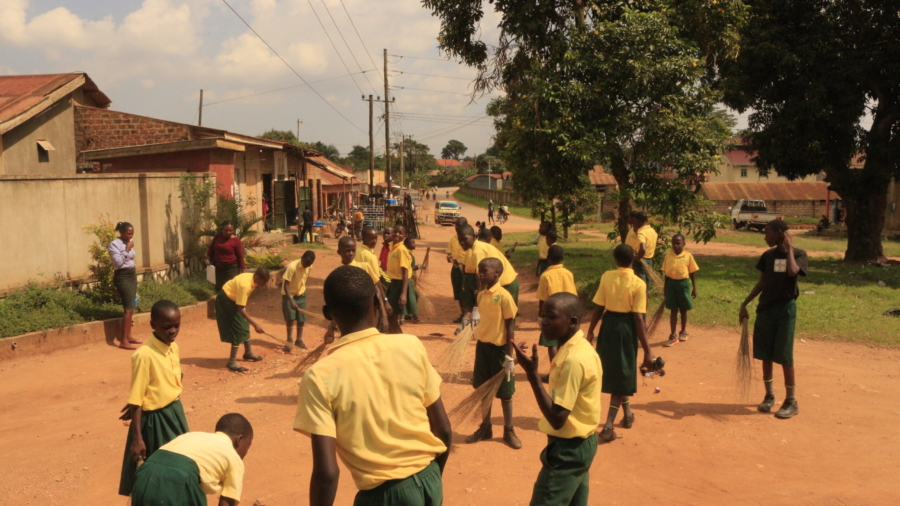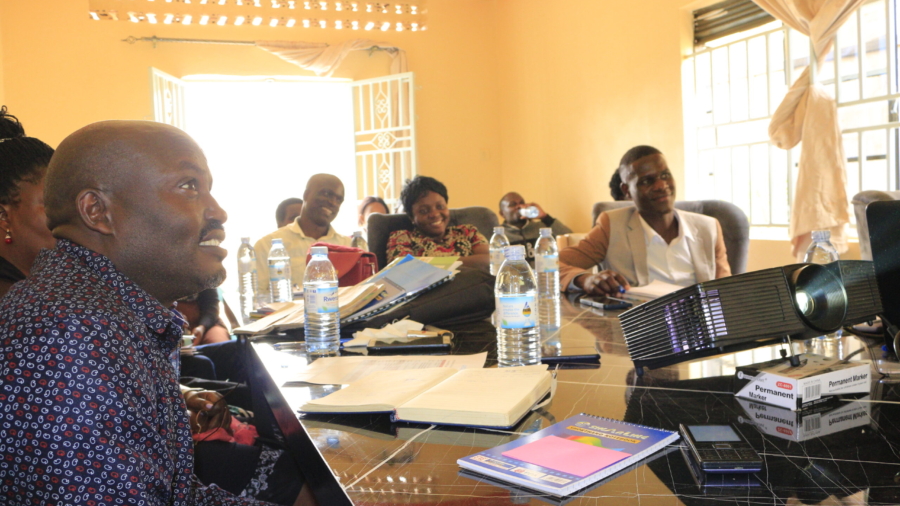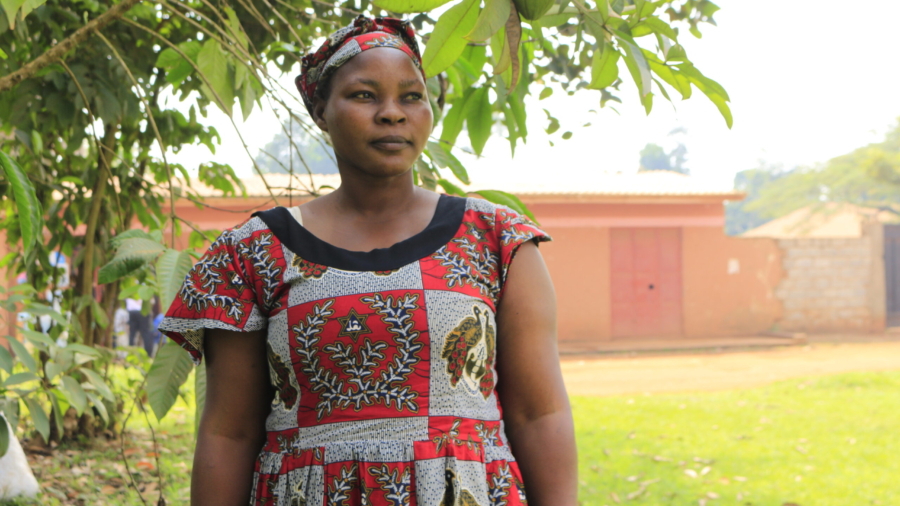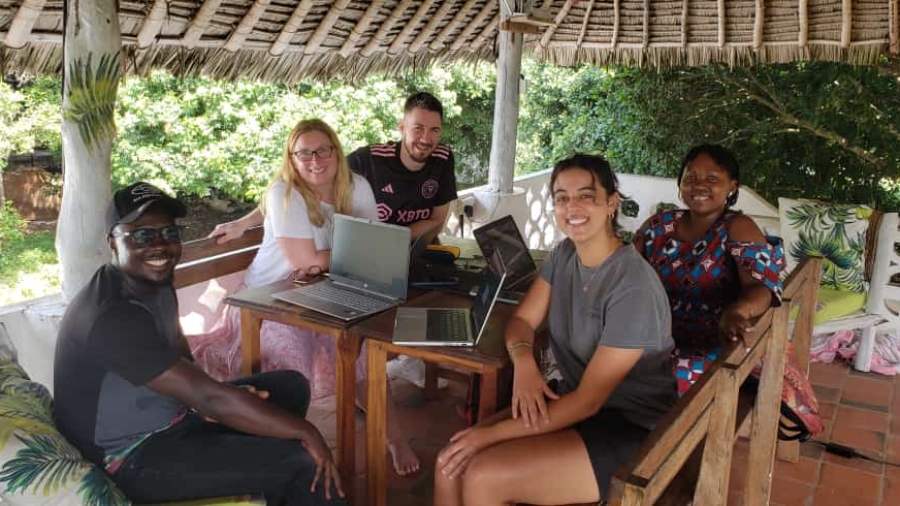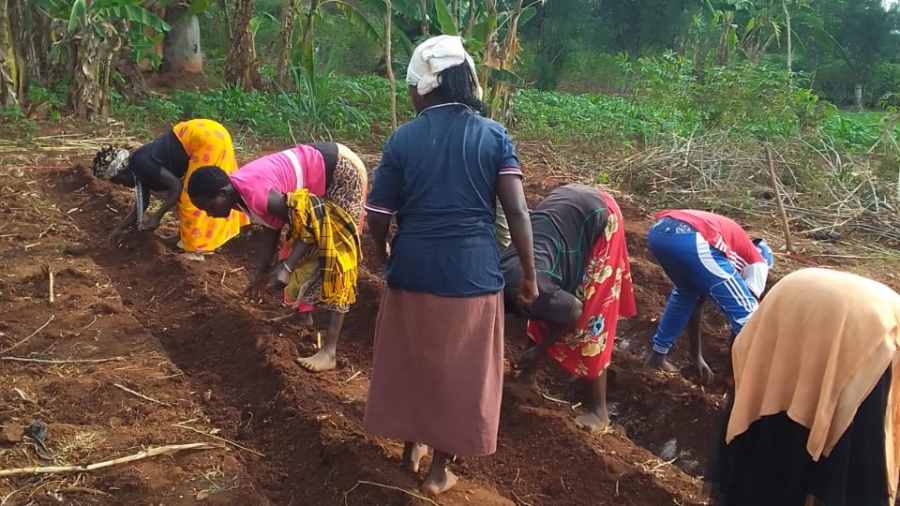More than a decade ago, A Rocha Uganda attempted to conserve and restore the Lubigi wetland but did not succeed given threats from those who had a hidden agenda and personal interests in the wetland.
Last month, Nature Uganda invited A Rocha Uganda’s National Director, Dr. Sara Kaweesa to a stakeholder meeting to plan for biodiversity assessments in the Lubigi and Rufuha wetlands.
These assessments will be for higher taxa including birds, mammals, insects, plants, and herps. The data collected will be vital for the conservation and management of the endangered species in both wetlands and supporting sustainable wetland use, including eco-tourism and implementation of government programs such as the establishment of Eco Parks.
According to Dr. Sara Kaweesa, the church is God’s agent of development and in all honesty, should spearhead this move. “We as Christians are supposed to be tending the earth, we are supposed to give direction and solve conflicts, the church should come up and speak clearly concerning this matter of restoration and conservation.”
Many entities are interested in this wetland, the government claims full ownership, while some people say that part of it is Kabaka’s land. There are private entities that have an interest in the wetland too. Amidst this chaos and conflict, what does the church say?
Psalms 24:1 The earth is the Lord’s, and everything in it, the world, and all who live in it; for he founded it on the seas and established it on the waters.
